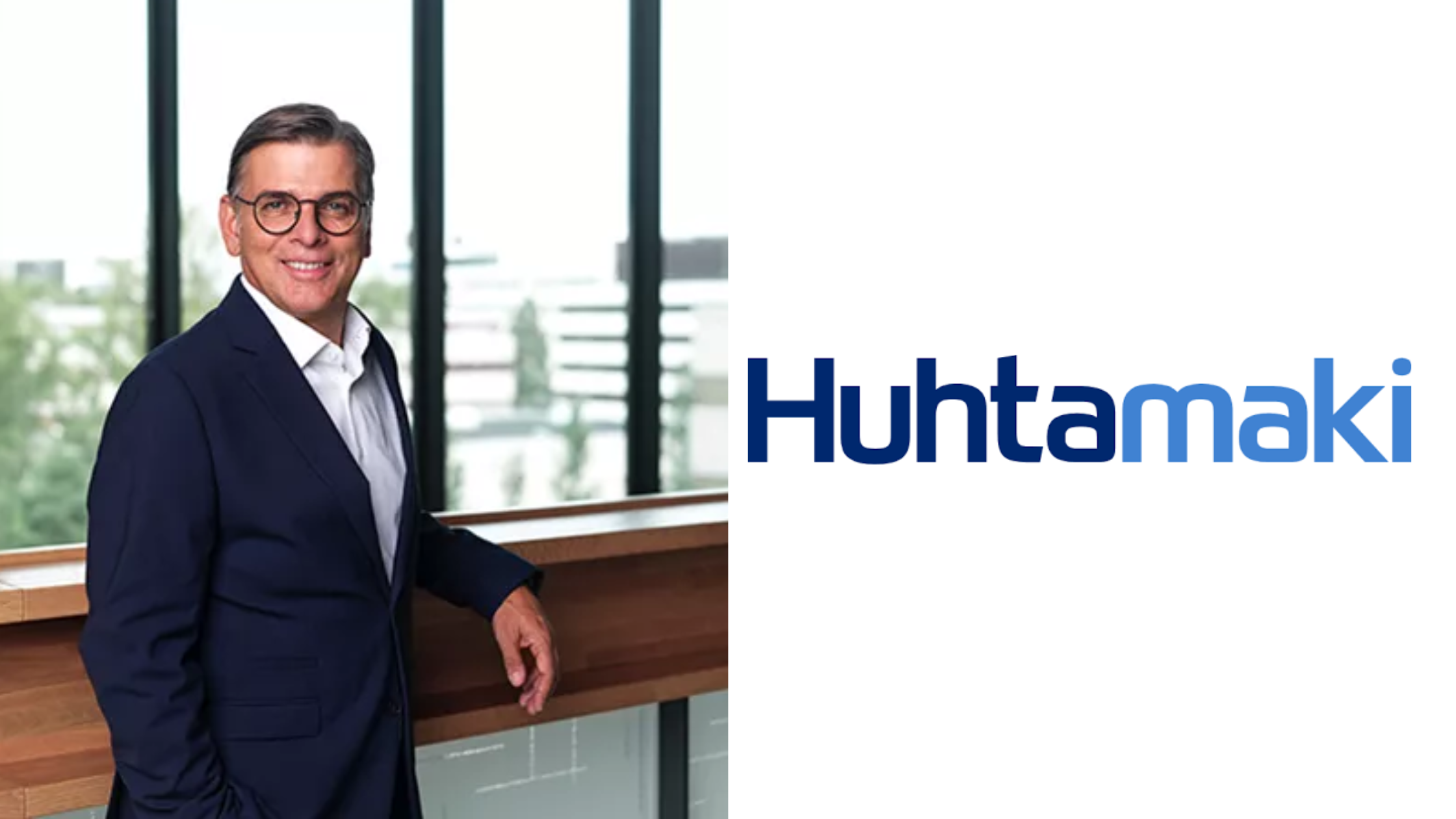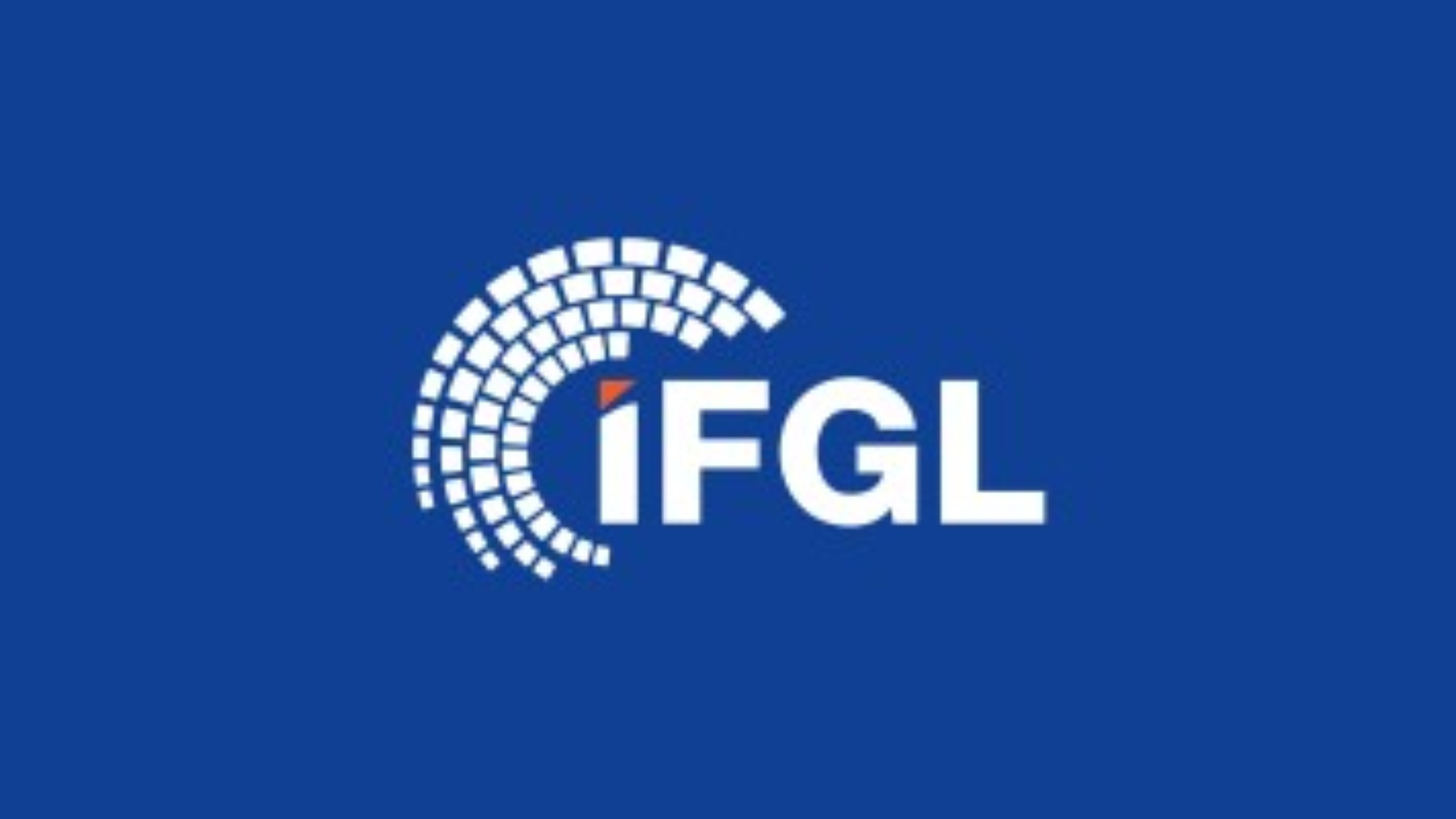IN-DEPTH: Proxy Advisors Revise Policies for 2025 – What Boards Should Know
With boards looking forward to another year of shareholder activism, proxy advisors Glass Lewis and Institutional Shareholder Services (ISS) issued updates to their global voting policies for 2025. These changes, following extensive consultations with investors and corporations, will have a substantial impact on board governance and shareholder expectations next year.
Glass Lewis collected opinions from more than 480 market participants, and 325 responded to ISS. Their revised guidelines now emphasize matters such as board monitoring of artificial intelligence (AI), shareholder meeting structures, remuneration practices, and greenhouse gas emissions and climate change-related disclosure terms.
AI as a Governance Priority
As AI quickly becomes a reputational and strategic concern, Glass Lewis has released new rules regarding board monitoring of AI risk. Though it will not mechanically issue votes against directors, it might if poor monitoring or disclosure has caused shareholders material harm. Boards are now required to show clear accountability for AI risk management at the committee level or at the director level.
ISS, though not officially revising its policies regarding AI, has recognized investor concern and included the topic in its overall environmental and social activism.
US Updates of Key Importance
For US firms, both advisors brought some significant updates:
- Environmental Disclosure Terminology: ISS will now use the term “natural capital” to describe environmental proposals, following increasing focus on biodiversity, water, and deforestation concerns, following frameworks such as TNFD.
- Short-Term Poison Pills: ISS will take into account company size, development stage, and overall economic conditions when assessing short-term poison pill adoptions that do not require shareholder approval.
- SPAC Extensions: ISS will favor extensions of no more than one year from the initial termination date to help remedy the surge in underfunded “zombie SPACs.”
- Executive Pay: Both advisors highlighted closer examination of performance-vesting stock awards. Glass Lewis clarified its pay-for-performance comprehensive review, while ISS highlighted potential 2026 changes to equity pay mix analysis.
- Shareholder Proposals & Reincorporations: Glass Lewis will require boards to report outreach efforts when shareholder proposals receive significant support (30%+). It will also closely examine proposals to reincorporate to new jurisdictions, especially where shareholder rights may be diluted or where concerns of tax havens exist.
Canada Policy Changes
ISS implemented six changes in Canada, such as:
- Reclassifying former CEOs as non-independent directors (with a five-year cooling-off caveat).
- Enabling compensation comparisons against non-CEO executives where their compensation is meaningfully higher than that of the CEO.
- Endorsing amendments allowing virtual-only shareholder meetings but only for robust reasons.
- Glass Lewis confirmed its opposition to boards that are not adequately responsive to shareholder questions regarding meeting formats.
Europe: Shareholder Meeting Practices Under Review
In Europe, Glass Lewis will vote against closed-door meetings and against directors who do not respond to shareholder issues on access to meetings.
ISS will permit virtual-only meetings only in exceptional cases.
In the U.K., Glass Lewis will vote against nomination chairs where boards do not have a minimum level of diversity (two gender-diverse directors and a minimum of one ethnic minority director).
Japan: Tighter Standards on Diversity and Independence
In Japan, Glass Lewis eliminated exemptions from board diversity for companies not listed in the Prime Market and demands a minimum of 20% gender-diverse directors on Prime Market companies. It also hardened its stance against strategic shareholding, calling for companies to map out plans to unwind holdings to 20% or below of net assets by 2030.
ISS, on its part, now counts 12+ years-serving directors as non-independent, advocating for wider board composition renewal in Japan.
What This Means for Boards in 2025
Proxy advisors’ changing policies reflect a clearer emphasis on:
- AI governance as a governance concern.
- Transparency around shareholder engagement and meeting procedures.
- Increased scrutiny of executive compensation alignment.
- Greater emphasis on board diversity and independence.
Boards that learn to adapt early, enhance disclosure, and provide open-eyed monitoring of new risks such as AI will be better prepared for investor trust in 2025.
At Dess Digital Meetings, we empower boards and company secretaries with technology to automate governance, track compliance, and maintain transparency in shareholder engagement. With M&A, ESG, and proxy policy changing at lightning speed, having a secure and effective board management platform is no longer a choice—it’s a must.




